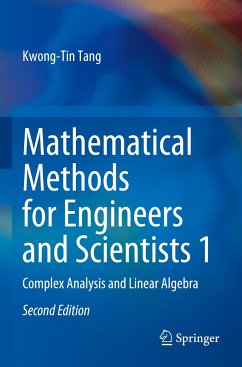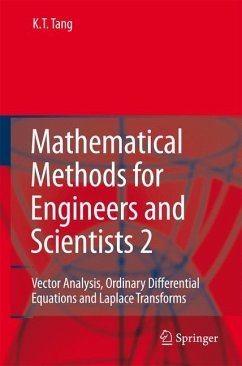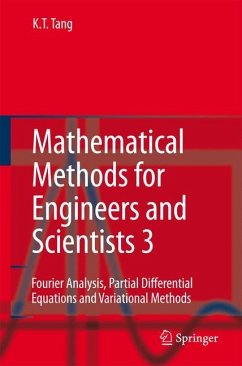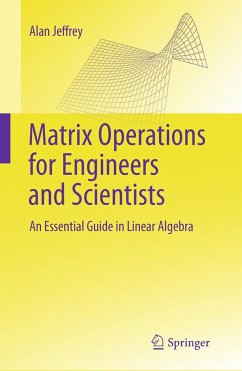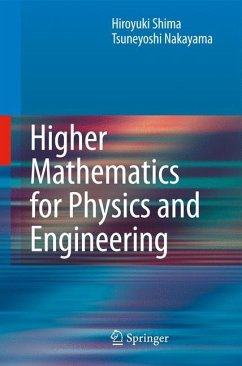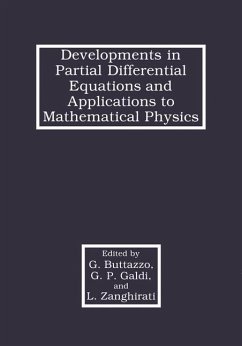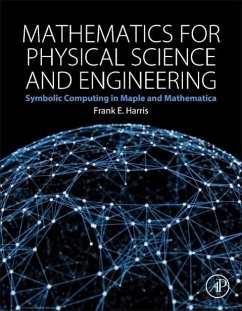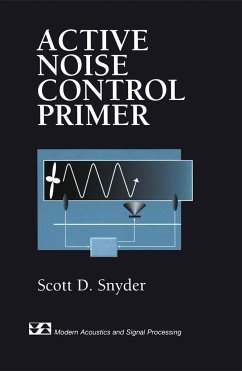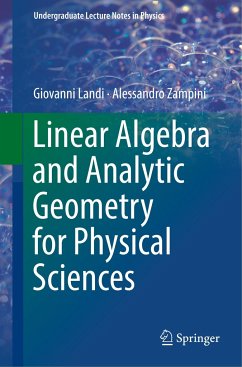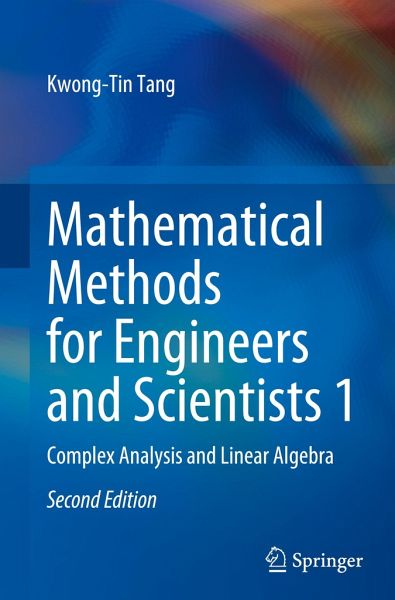
Mathematical Methods for Engineers and Scientists 1
Complex Analysis and Linear Algebra
Versandkostenfrei!
Versandfertig in 6-10 Tagen
68,99 €
inkl. MwSt.
Weitere Ausgaben:

PAYBACK Punkte
34 °P sammeln!
Part 1 of this popular graduate-level textbook focuses on mathematical methods involving complex analysis, determinants, and matrices, including updated and additional material covering conformal mapping. The second edition comes with extensive updates and additions, making them a more complete reference for graduate science and engineering students while imparting comfort and confidence in using advanced mathematical tools in both upper-level undergraduate and beginning graduate courses.This set of student-centered textbooks presents topics such as complex analysis, matrix theory, vector and ...
Part 1 of this popular graduate-level textbook focuses on mathematical methods involving complex analysis, determinants, and matrices, including updated and additional material covering conformal mapping. The second edition comes with extensive updates and additions, making them a more complete reference for graduate science and engineering students while imparting comfort and confidence in using advanced mathematical tools in both upper-level undergraduate and beginning graduate courses.
This set of student-centered textbooks presents topics such as complex analysis, matrix theory, vector and tensor analysis, Fourier analysis, integral transformations, and ordinary and partial differential equations in a discursive style that is clear, engaging, and easy to follow. Replete with pedagogical insights from an author with more than 30 years of experience in teaching applied mathematics, this indispensable set of books features numerous clearly stated and completely worked out examples together with carefully selected problems and answers that enhance students' understanding and analytical skills.
This set of student-centered textbooks presents topics such as complex analysis, matrix theory, vector and tensor analysis, Fourier analysis, integral transformations, and ordinary and partial differential equations in a discursive style that is clear, engaging, and easy to follow. Replete with pedagogical insights from an author with more than 30 years of experience in teaching applied mathematics, this indispensable set of books features numerous clearly stated and completely worked out examples together with carefully selected problems and answers that enhance students' understanding and analytical skills.





